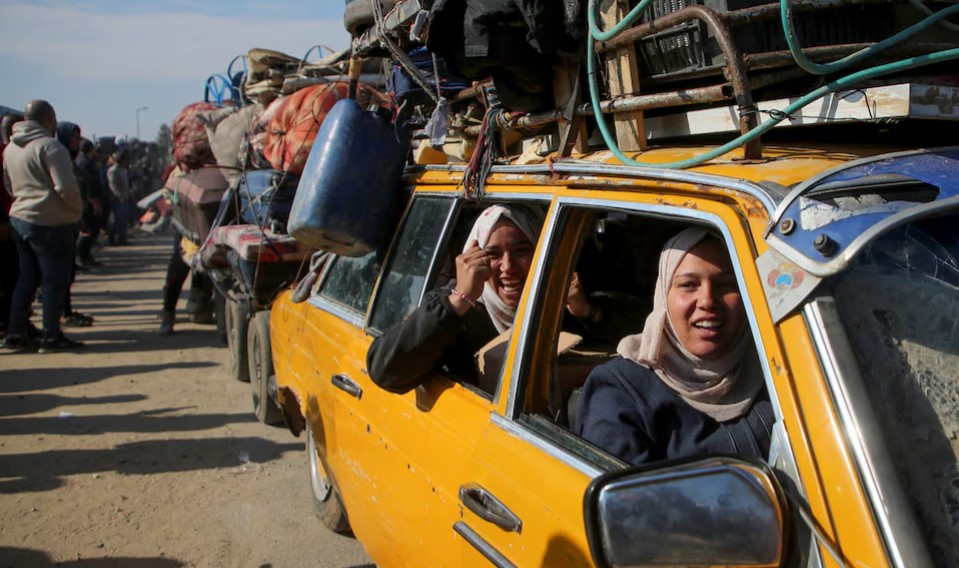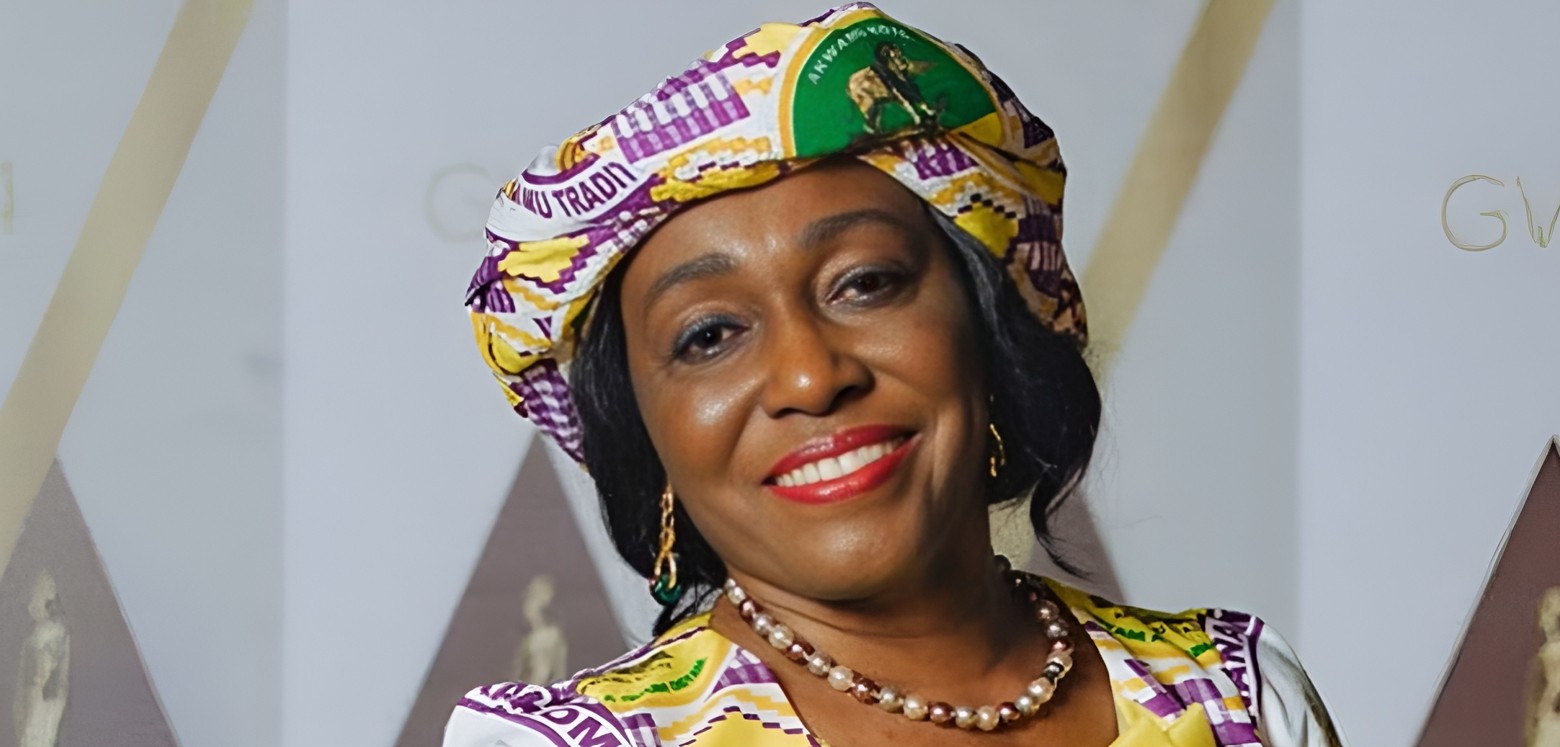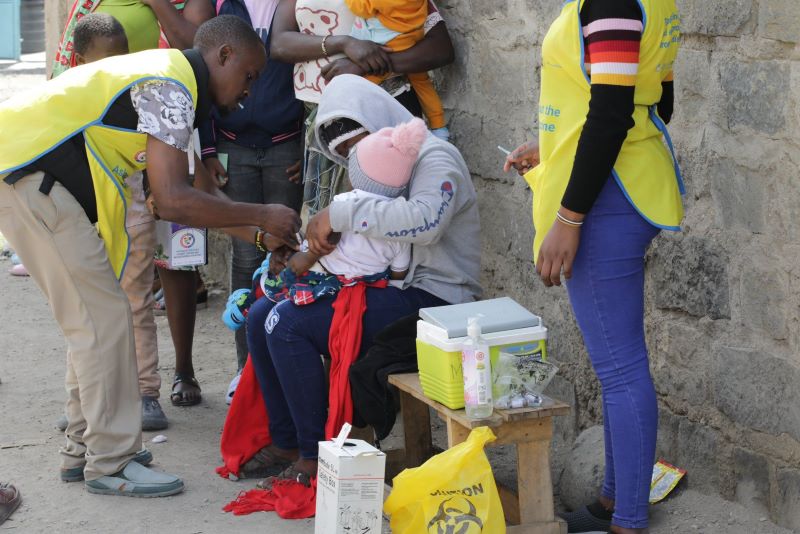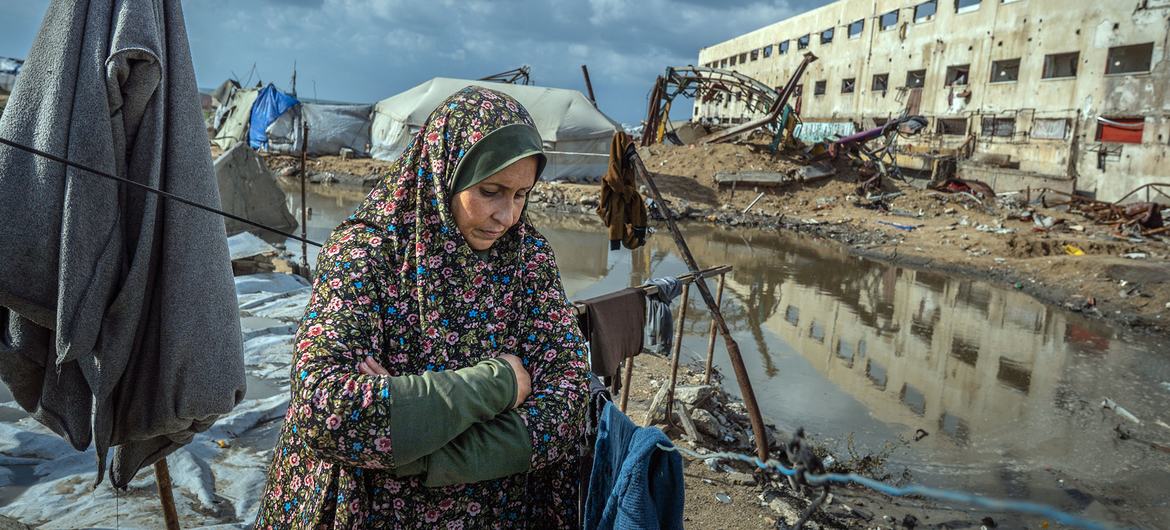UN refugee chief Filippo Grandi says Trump's Gaza takeover idea ‘very surprising’

Grandi called the idea "very surprising" and emphasised the need to understand the concrete details before making any further comments.
The head of the United Nations refugee agency has voiced his opinion over US President Donald Trump's unexpected proposal to have the United States take control of the Gaza Strip and resettle its people.
Filippo Grandi, the UN's high commissioner for refugees, on Wednesday said he was unclear about the specifics of the proposal, making it difficult to provide a comprehensive response to such a sensitive matter.
More To Read
- Amputee footballers reclaim hope amid Gaza’s ruins
- BBC resignations over Trump scandal show the pressures on public broadcasters – and why they must resist them
- Türkiye issues arrest warrant for Israeli PM Benjamin Netanyahu over Gaza war
- Desperate need for water and food continues as Gaza families head north
- UN says delivering aid to northern Gaza remains challenging
- Gaza intensifies efforts to clear rubble, reopen roads amid severe shortage of fuel
Speaking in Brussels during an interview with AFP, Grandi called the idea "very surprising" and emphasised the need to understand the concrete details before making any further comments.
"It's something very surprising, but we have to see what it means in concrete terms," Grandi said.
Trump made the startling announcement on Tuesday during a joint press conference with Israeli Prime Minister Benjamin Netanyahu at the White House.
The proposal, which lacked any clear details, suggested that the United States would help redevelop Gaza, clearing unexploded bombs and rubble while working toward economic revitalization. His comments drew audible gasps from the audience.
The United Nations human rights chief, Volker Turk, immediately responded, warning that deporting people from occupied territories is "strictly prohibited." This raised concerns about the legal implications of the plan.
Grandi also addressed the challenges facing the United Nations Human Rights Council (UNHRC), particularly in light of the ongoing renegotiation of US support.
This comes after the US announced a freeze on most of its contributions to the agency.
Grandi explained that this freeze is causing uncertainty and challenges for the organisation, as it typically relies on US support for a significant portion of its funding.
"All of this is very fluid at the moment, which is a problem because we are an organisation that cannot wait too long," Grandi said.
The US currently accounts for up to 40 per cent of all contributions received by the UNHCR, making the freeze a significant issue for the agency.
Top Stories Today















































